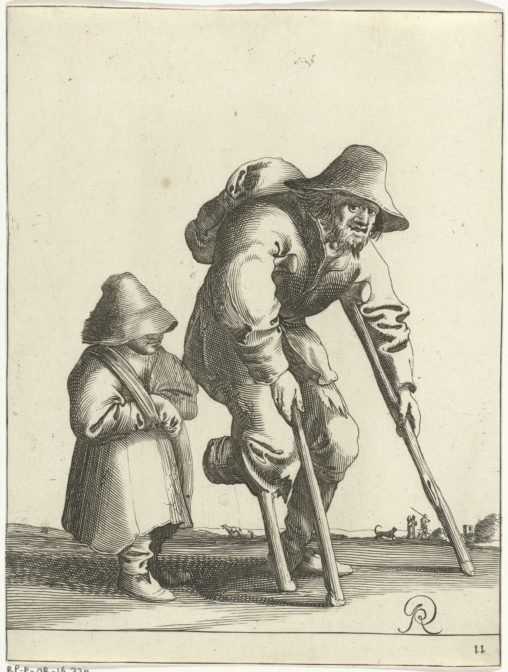The domicilie van onderstand (literally: domicile of support) is the place of settlement with regards to poor relief.
The Poor Law of 1818 provided nation-wide legislation for the place of settlement. The place of settlement was the place of birth, until someone lived in another place for at least four years and paid taxes there. The municipality where the person was living provided the relief, to be reimbursed by the municipality of birth if that was determined to be the place of settlement. This could lead to disputes which may have left traces in municipal correspondence. Some municipalities secretly kept providing for poor residents who had moved elsewhere, in order to get them settled in a different place for four years. To put an end to the complex system of resititutions, disputes about places of settlement, and attempts to shift the responsibility to another municipality, the Poor Law of 1854 determined that the place of birth would be the place of settlement.
See bond letters for the situation before 1811.

Beggar and child, 1630s. Credits: Pieter Jansz. Quast, collection Rijksmuseum (public domain)

